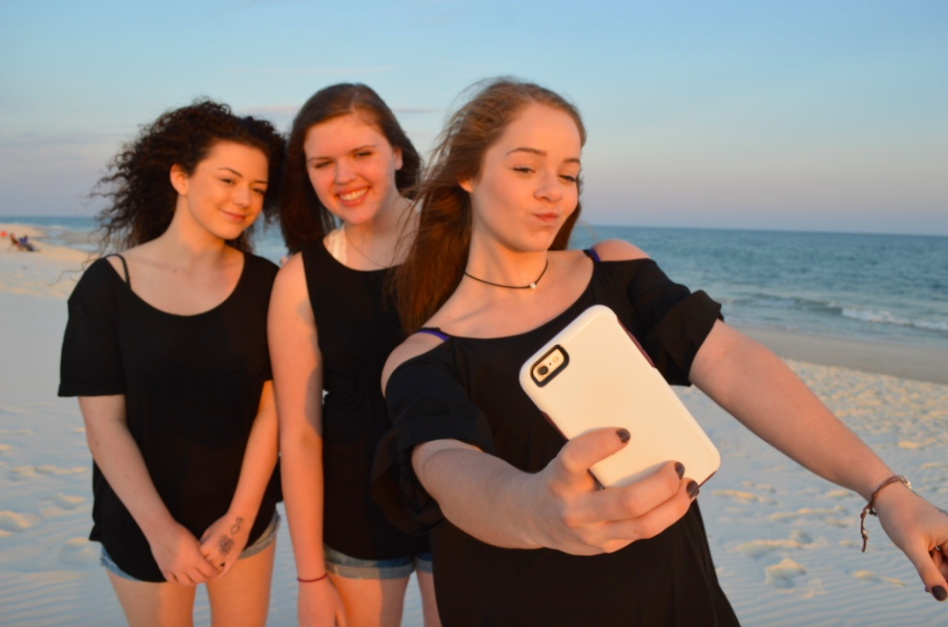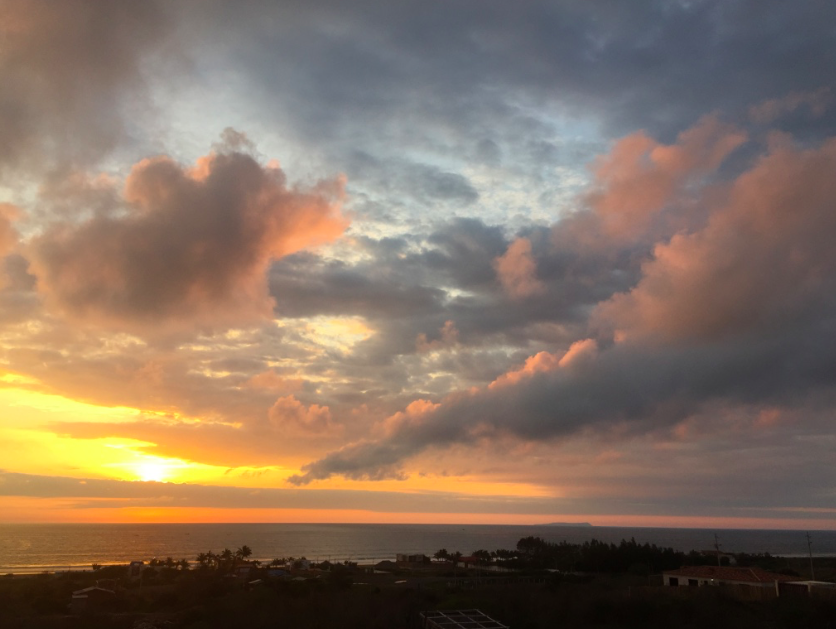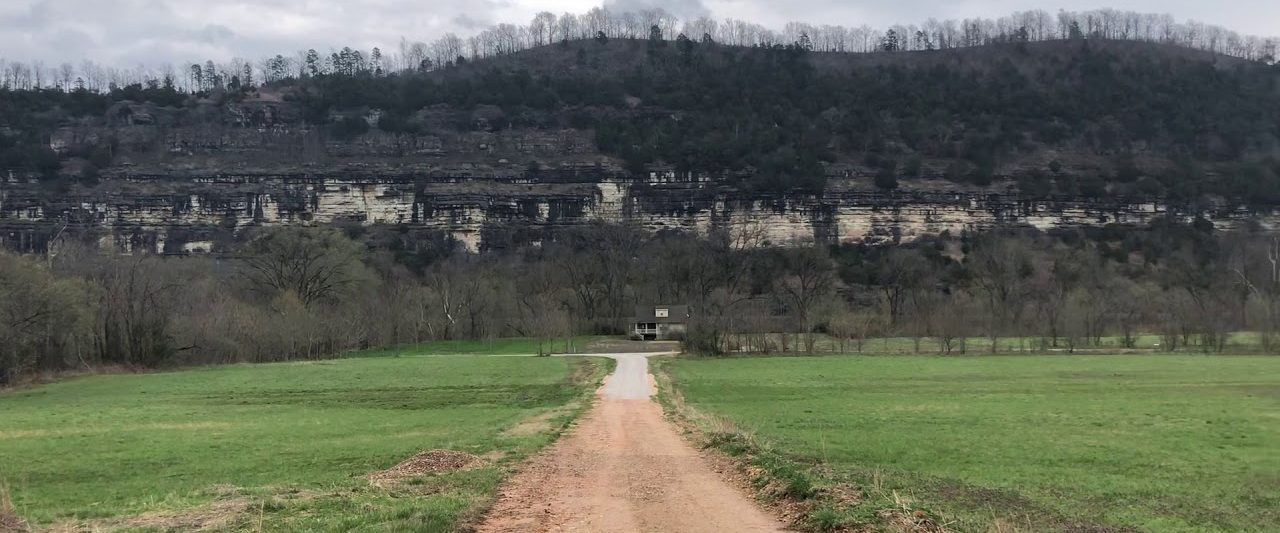“It is what a man thinks of himself that really determines his fate.” ~ Henry David Thoreau
“At every stage of life, it’s important to be a rookie at something.” ~ Unknown

With only days remaining to the end, it occurred to me I’d jumped through a lot of logistical hoops and come an awfully long way just for a long walk.
For more than twenty years, a favorite annual vacation spot has been the sugar-white sandy beaches near Pensacola, Florida. It’s 501 miles from my front door in Jonesboro, Arkansas to the condo where we always stay. I wondered whether walking those miles would have created the same experience as those produced on the Camino. It would have been an experience, indeed. But not the same.
Just as the fixed nature of the North Star has guided voyagers for years, we all need static points of reference to recall who we are, and find where we’re going. It seems those reference points come most clearly to those go away for a time and think purposely about them. This purpose lies at the heart of pilgrimage. It’s what Eugene Peterson referred to in his classic work A Long Obedience in the Same Direction. History is filled with examples of people who used an intentional escape to find their deepest identities.
John Muir went away for months before finding his calling to advocacy for a national park system. Henry David Thoreau secluded himself in a remote cabin in the woods for more than two years to write and “live deliberately.” Jesus spent forty days in the desert in preparation for a ministry that took the gospel message to the ends of the earth. In fact, so much of the gospel’s foundational message can be reduced to two words.
Come and go.
When you’re away and alone, it paves the way for so many things that normally elude us. My senses, both physical and spiritual, come to life when I go out and far away.

The modest home we maintain in Puerto Cayo, Ecuador is as much a missional outpost for my wife and me as anything. It’s there where we have an especially unique opportunity to give and share. But just as important are the uncommon learning experiences we enjoy in a far-away place. Everything’s different—language, the weather, customs, transportation, even a lack of certain things we believe, back home, are necessities. It’s also a place where we’ve felt alone at times. As a result, many of our experiences there serve as reference points for a broader, deeper, more far-reaching life.
When I experience certain difficulties, I think back to moments in Latin America—those when we’ve been completely lost, without access to what we think of as the basics, and become dependent on God and one another to make it to the next day. And when I think back to those moments, I remember what sustains us.
In the height of my depression, I’d call my mom at random times through the day. I’m not sure why, but I suppose she was the most familiar thing I had—the one person who’d always had my back. When I’d lament hopelessly about circumstances and the inability to see ahead, she’d often say something I hated acutely every single time she said it. “Son, you’ve forgotten who you are.”
It’s not broken toilets, flat tires, the impending cost of a new roof, or even some ominous medical diagnosis that’s our biggest battle. The most challenging conflict we face every single day is the one we have with self. Some days it’s packed with guilt, regret, shame, and feelings of unworthiness. Other days are more about pride or arrogance. The most difficult days I have, by far, are those when I lose my sense of worth in the fog of depression.
Everything I knew about the Camino told me it was the right place at the right time to take stock of my own integrity. And how, as well, to think through going about what was now most important to me, summed up succinctly in the Gospel of John: He must increase, but I must decrease.
For me, the Camino de Santiago was a Proving Ground, where I rediscovered and reclaimed God’s calling on my life as a storyteller.
SIDETRAIL
Go Away
As he entered the early days of literary success in 2000, novelist John Grisham served as the spring commencement speaker at Arkansas State University, where I worked for six years. I was assigned as Grisham’s “body man,” mostly responsible for getting him safely into and out of town.
Grisham, who grew up just twenty miles from the ASU campus, offered graduates a message that raised eyebrows, and still holds the record as the shortest commencement address (seven minutes) in university history. In a loose paraphrase, he said this:
“Get out of here. Go away. Plant yourself somewhere else for a while. This is home, and it’s always been home, and it’s a good place, but it’s a place to which you can always return. You need to go out, and you need to experience the world. Leave.”
It was bold, and the last thing everyone in the room expected to hear. When it was over I remember looking at parents’ dumbfounded faces across the building. They didn’t know whether to applaud or throw things.
-30-
